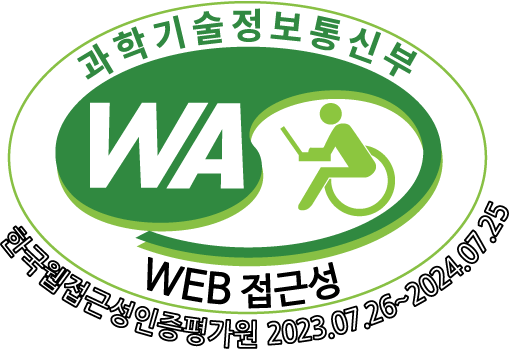관련자료
[UN일반] 유엔총회 평화구축 및 지속 고위급회의 일반토의 발언문 (조태열 대사)
- 부서명
- 유엔과
- 작성일
- 2018-04-25
- 조회수
- 1196
Remarks at the Plenary Debate of
High-Level Meeting on Peacebuilding and Sustaining Peace
by H.E. Cho Tae-Yul, Permanent Representative of the Republic of Korea
25 April 2018
Mr. President,
Let me begin by saying that the Republic of Korea aligns itself with the statements delivered by Mexico on behalf of the Group of Friends on Sustaining Peace, as well as Turkey on behalf of MIKTA countries, respectively.
We wish to commend you, Mr. President, for your outstanding leadership in keeping alive the hard-won momentum on sustaining peace that was created by the twin resolutions we collectively adopted two years ago.
We also welcome the resolution that will be adopted at this high-level meeting in which we as Member States renewed our strong commitment to keeping the torch of sustaining peace ablaze until it is firmly rooted across the UN system.
Mr. President,
Today, I would like to highlight several key points that we believe deserve our due considerations in pursuit of sustaining peace.
First, we need to enhance the effectiveness of UN activities across the peace continuum.
The world has been making great strides towards sustainable development and peace. Yet we continue to face increasingly complex challenges that require the United Nations to dramatically change its modus operandi towards prevention and sustaining peace.
The Republic of Korea therefore strongly supports the leadership and vision of Secretary-General Guterres in pursuing reforms to overcome the deep-rooted fragmentation across the UN system and promote a holistic and coherent approach that integrates the three pillars of the UN in a mutually reinforcing way.
And as we push forward with the reforms, let us not forget the underlying spirit of the twin resolutions that is to build and sustain peace from the perspective of the local people who bear the brunt of the global challenges.
Second, given the unprecedentedly complex nature of today’s global challenges, it has become of paramount importance that the UN works effectively with different partners, such as regional organizations, international financial institutions, private sector and civil society. This lies at the heart of the concept of sustaining peace.
In fact, today, many actors with financial resources, technology and expertise are increasingly showing interest in working with the UN. In our view, the Peacebuilding Commission (PBC) is well placed within the UN system to help build these partnerships by making full use of its unique convening power. This has been the focus when the Republic of Korea chaired the Commission last year, as we helped to facilitate an agreement between the PBC and the World Bank to hold annual dialogues, among others.
While the UN is making progress in building partnerships with international financial institutions and regional organizations such as the African Union, greater efforts should be made to work with the private sector and civil society. As the Secretary-General rightly pointed out, the world already has the resources to deliver the 2030 Agenda and sustaining peace. The only question is how to connect the dots. The UN, which has a brand like no other, is best poised to convene these different actors.
And finally, taking this opportunity, I would like to share with you some key messages that came out of the Asian Conference on Prevention and Sustaining Peace that my government convened together with Dag Hammarskjold Foundation and PBSO in Seoul last October.
While the diversity across Asia limits general observations on the peace and security dynamics of the region, there are rich experiences that can inform UN’s efforts towards prevention and sustaining peace.
First, while most large-scale armed conflicts have come to an end in Asia, subnational and low-intensity conflict, which can have a devastating cumulative impact over time, persist across the region. Even in relatively peaceful societies, potentially destabilizing factors such as growing economic inequalities, exclusion and aggressive nationalism exist and need to be addressed.
Second, the growing politicization of ethnic and religious identities across Asia requires long-term peacebuilding strategies that address ethnic tensions and support identity politics in a way that promotes unity. The historical and cultural sensitivities of the country should be well understood when providing support to their peacebuilding priorities.
Third, economic development and education are the main drivers for sustaining peace in many Asian countries. In the case of the Republic of Korea, in the aftermath of the Korean War in the early 1950s, more than two-thirds of foreign aid was channeled to developing the domestic private sector. This unique public-private partnership was a key to Korea’s rapid economic development and in turn sustaining peace.
And finally, the peace process in Asia is marked by strong national ownership while the UN is usually not in the lead. The UN should therefore identify its comparative advantage before engaging in this region and provide tailored support that builds on local capacities.
I hope that some of these messages can be adequately reflected in our collective efforts to build and sustain peace. I thank you, Mr. President.
- 메뉴담당부서
- 유엔과
- 전화
- 02-2100-7243

